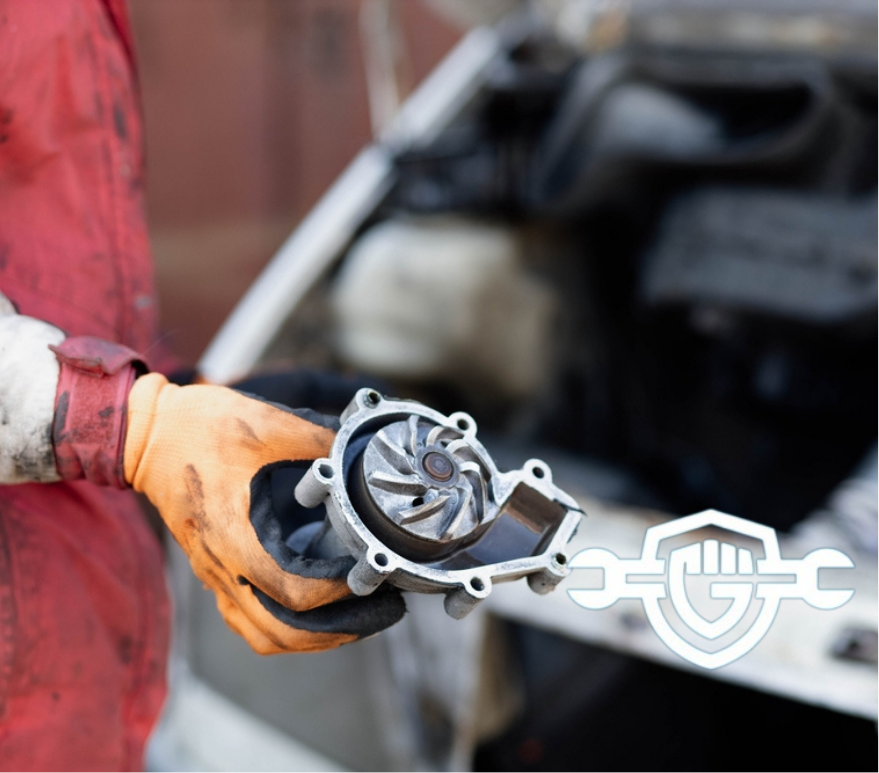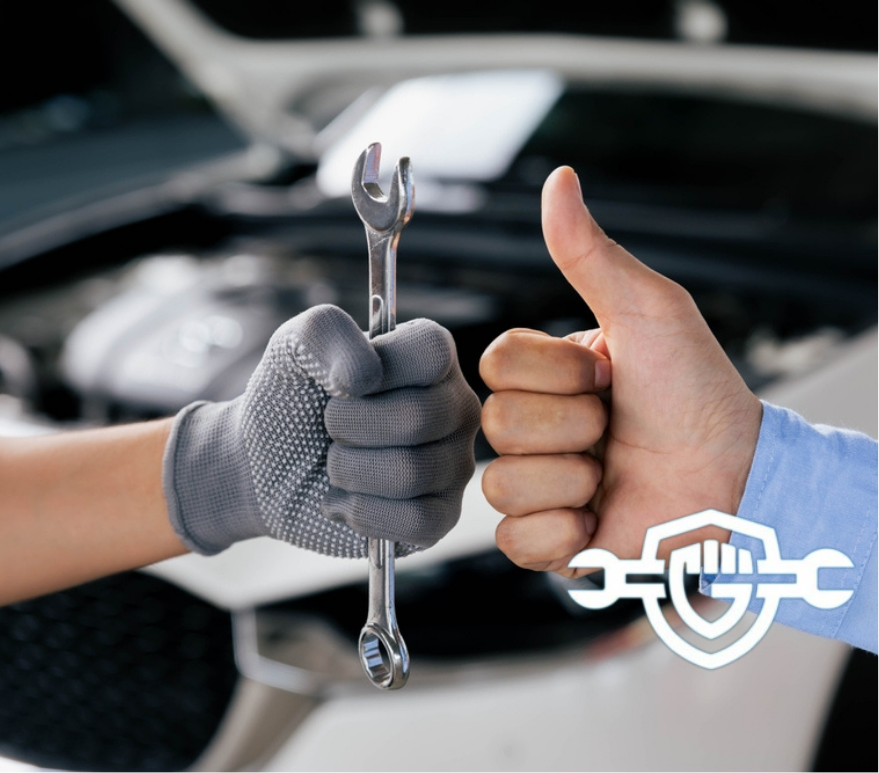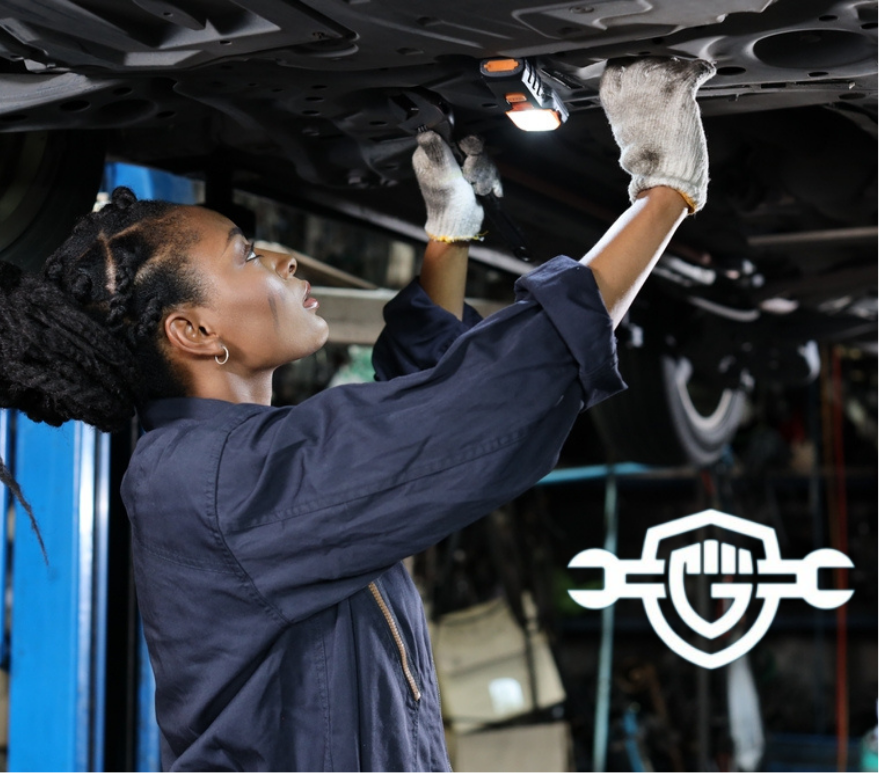Common Signs of a Bad Water Pump
Published on
November 5, 2025

You know your car better than anyone else. You notice the way it feels on the road, the sounds it makes, the small changes that signal something might be off. That awareness puts you in the driver’s seat long before a mechanic ever takes a look.
You’ll usually notice the signs of a failing water pump long before anyone hooks the car up to diagnostic tools. Maybe the temperature gauge climbs higher than you’re used to, or the needle drifts up and down when it never used to. Inside the cabin, the heat might cut out even though the engine feels warm. Sometimes it’s the sound that tips you off, like a whine or grind that rises and falls as you press the accelerator. Other times, it’s the faint sweetness of coolant in the air or a small damp spot left under the front of the car after parking.
Each of these details is a clue you’re in the best position to catch, because you know how your car normally behaves. Put together, they point to the same culprit: a water pump that isn’t moving coolant the way it should.
Engine is overheating more than usual
One of the clearest problems caused by a failing water pump is an engine that runs hotter than normal. The water pump’s job is to keep coolant moving through the cooling system to control temperature. When it starts to fail, circulation slows or stops, and the engine can quickly overheat.
You might notice the temperature gauge climbing higher than normal, or the needle fluctuating while you drive. Overheating can cause serious internal damage if ignored. If you find yourself adding coolant often or pulling over to cool down, it’s time to have the water pump inspected before the problem worsens.
Coolant is leaking under your vehicle
Coolant puddles under your car are never a good sign, and a failing water pump is a common cause. The pump has seals and gaskets that keep coolant contained and moving where it needs to go. Over time, those seals wear out, and small drips can turn into steady leaks.
Noticing green, orange, or pink fluid on the ground after parking, it’s worth checking right away. Low coolant can quickly lead to overheating and engine damage. Since leaks can also come from hoses, the radiator, or the heater core, a professional inspection is the safest way to confirm the source.
Whining or grinding noise from the engine
Unusual noises coming from the engine bay can point to a worn-out water pump. The pump relies on bearings to spin smoothly, and when they wear down, they often create a high-pitched whining or grinding sound. You may notice it more when you accelerate or the engine is under load.
Noises like these shouldn’t be ignored, because once the bearings fail, the pump can seize and stop circulating coolant altogether. That puts the engine at risk of overheating in minutes. If you hear these sounds regularly, it’s best to have the pump checked as soon as possible.
Steam coming from under the hood
Seeing steam drift out from under the hood is one of the more obvious signs of a bad water pump. When the pump can’t keep coolant circulating, the engine overheats and pressure builds up, often forcing coolant to boil and escape as steam. This usually happens in traffic, climbing hills, or running the AC on a hot day.
If you notice steam, pull over safely and shut the engine off right away. Continuing to drive risks warping the cylinder head or damaging the gasket. Waiting until the engine cools down and then arranging for service is the safest move.
Worried your water pump might be failing? GreatWater 360 Auto Care can help diagnose the problem and keep your engine protected. Schedule an appointment today, and we’ll take a closer look.
.png)

